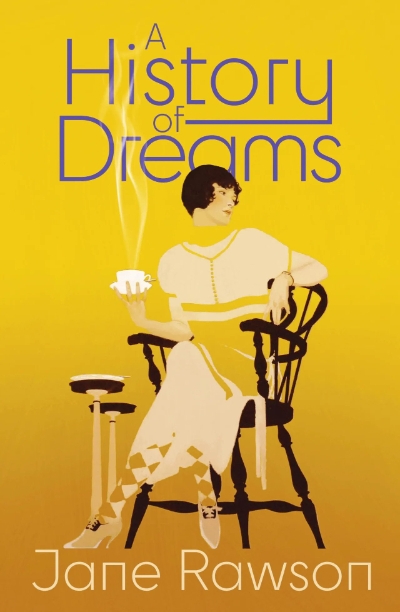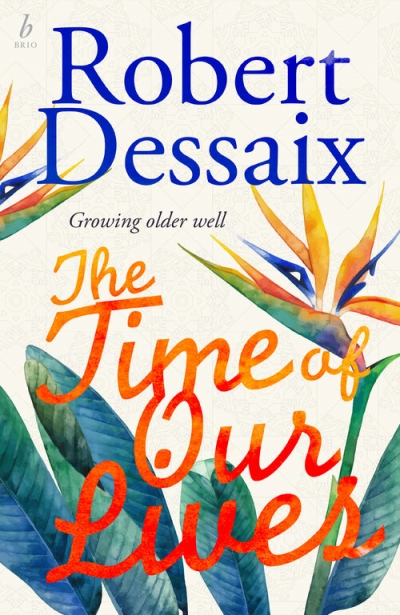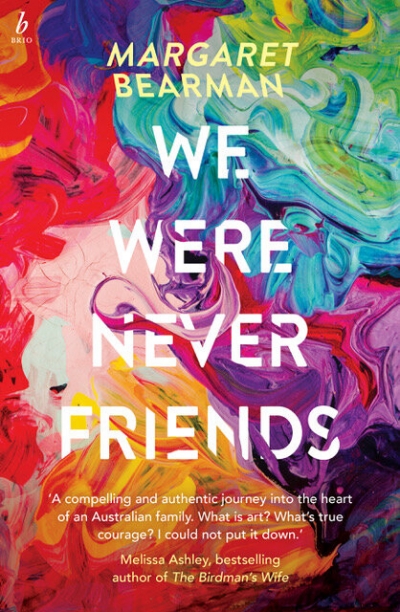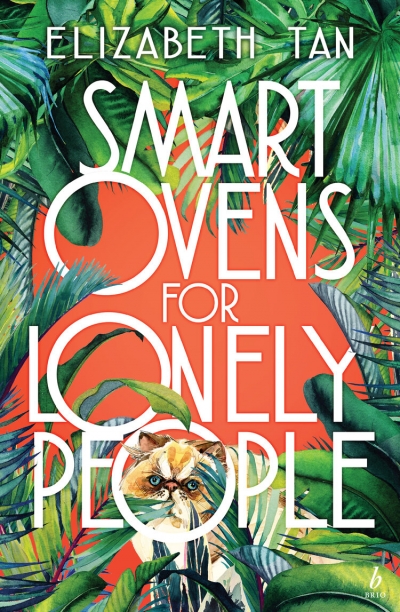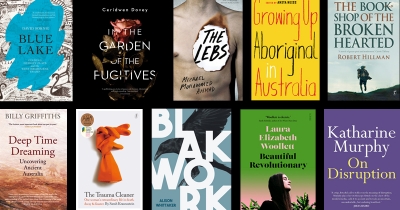Brio Books
At the Edge of the Solid World by Daniel Davis Wood
by Naama Grey-Smith •
The Time of Our Lives: Growing older well by Robert Dessaix
by Francesca Sasnaitis •
To complement our ‘Books of the Year’ feature, which appeared in the December 2018 issue, we invited some senior publishers to nominate their favourite books of 2018 – all published by other companies.
... (read more)To complement our 2017 ‘Books of the Year’, we invited several senior publishers to nominate their favourite books – all published by other companies.
... (read more)
